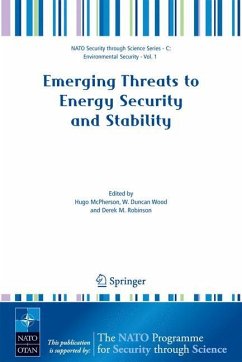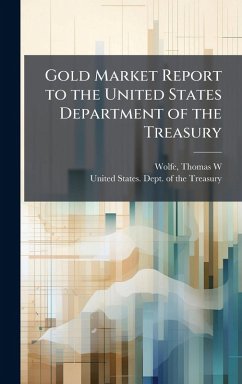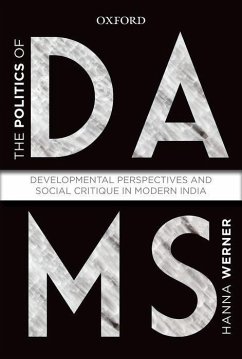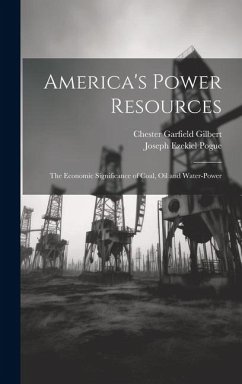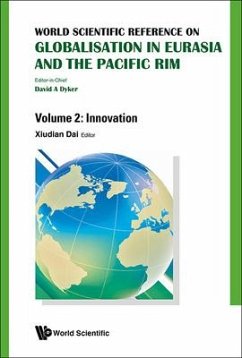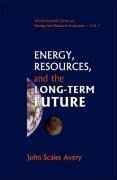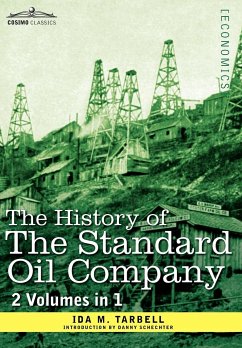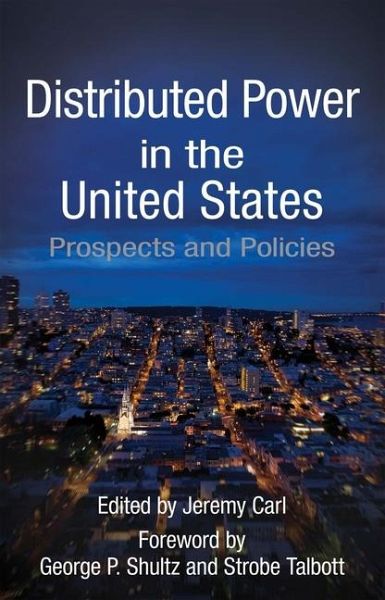
Distributed Power in the United States
Prospects and Policies
Herausgeber: Carl, Jeremy
Versandkostenfrei!
Versandfertig in über 4 Wochen
15,99 €
inkl. MwSt.

PAYBACK Punkte
8 °P sammeln!
The US power system is the backbone of the country's economy. Yet, with growing stress on the aging electricity grid, increasing integration of information technology with power-sector infrastructure, and an imperative to reduce the environmental impact of power generation, the system faces an unprecedented range of economic, environmental, and security-related challenges. Designed for the supplies and demands of the twentieth century, the current electric grid requires substantial investment to continue to provide reliable power for a growing, electricity-dependent population. The situation h...
The US power system is the backbone of the country's economy. Yet, with growing stress on the aging electricity grid, increasing integration of information technology with power-sector infrastructure, and an imperative to reduce the environmental impact of power generation, the system faces an unprecedented range of economic, environmental, and security-related challenges. Designed for the supplies and demands of the twentieth century, the current electric grid requires substantial investment to continue to provide reliable power for a growing, electricity-dependent population. The situation has brought about a growing interest in the potential for distributed power systems (DPS), a combination of distributed generation sources and distributed grid storage. This study looks at the role and potential for DPS, examining costs, benefits, policies, and regulations. The contributors find that increased penetration of DPS can make a significant contribution to the US power system. They also make a strong case for the security value of DPS, both as a means of decreasing the vulnerability of the civilian grid to disruption and attack and as a resource for the defensive and offensive operations of the US military. Unfortunately, power-sector stakeholders agree that existing economic models do not recognize the full range of potential benefits that DPS can provide. This study suggests how federal and state policy makers can better capture the economic, environmental, and energy security benefits of DPS by implementing policies that correct market failures, provide incentives, remove barriers, and promote exchange of information and education. DPS offers the potential for more reliable, secure, and green energy. At the same time, possible pitfalls related to DPS use must be seriously and realistically addressed before we make a major commitment to a distributed energy future. As policy makers strive to meet the challenges of the power sector in the twenty-first century in an economic and environmentally responsible way, this report provides them with a set of options for realizing that potential.



